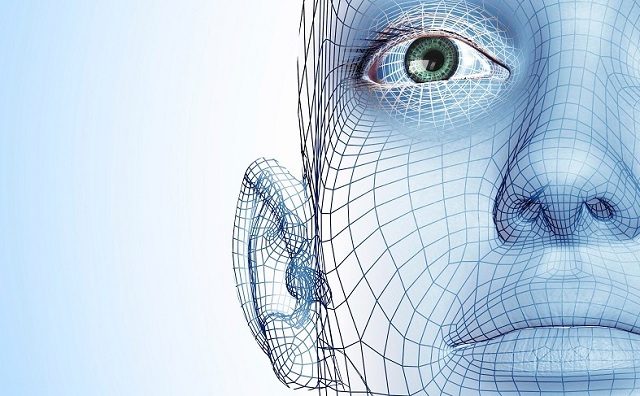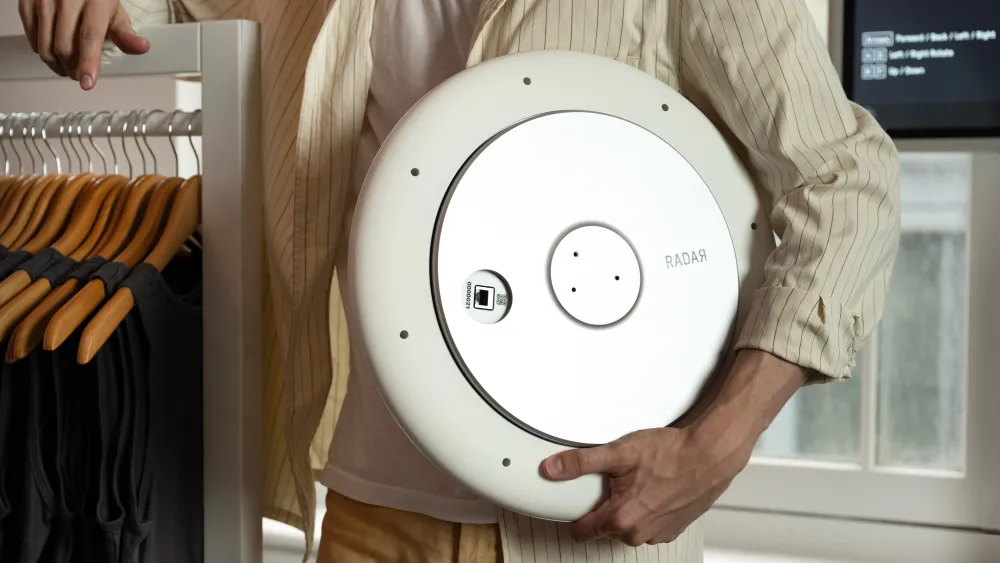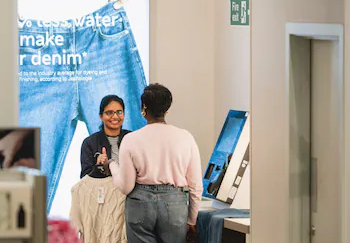A new facial recognition technology from NEC identifies VIPs so store assistants can attend to the potentially big-ticket buyers. The company’s VIP Identification software monitors data from real-time closed-circuit TVs or surveillance cameras, matching images against a business’ VIP guest database. If it spots a match, an alert, mobile or otherwise, can be sent to retail or hospitality personnel. The matching process can take less than a second, meaning Donald Trump will barely have a chance to get past a store’s humanoid robot greeter before receiving immediate doting service.
The technology, which builds on NEC’s existing NeoFace Watch security product, is being tested in about a dozen exclusive stores and hotels in Britain, America, and the Far East, says the company, though it declines to name the businesses participating in the trial. “Being able to identify VIP guests immediately could enable the front desk staff to have room information pulled up before the guest steps up to the registration desk and be able to greet the guest by name,” Raffie Beroukhim, Vice President of Biometrics Solutions for NEC Corporation of America, said in a statement. “Overall, this capability helps enhance a VIP guest’s experience through personalisation of services and increases customer satisfaction with the property.”
Facial recognition already intersects with marketing in a number of “Minority Report”-style ways. Billboards can detect the gender and age of onlookers and display appropriate ads, while next-generation vending machines can serve up product suggestions based on similar data.
NEC itself recently demonstrated a system that captures visitor data such as gender and age that hotel marketers can use to deliver targeted content to specific guests at specific times. These technologies, however, have cameras that use facial-recognition algorithms to match customers’ faces to a database of people types. The VIP Identification database — much like Facedeals, an app that scans your face in exchange for personalised offers and discounts — can get far more specific, identifying not just a person type, but an actual person who stars in a television series and makes millions per year.



